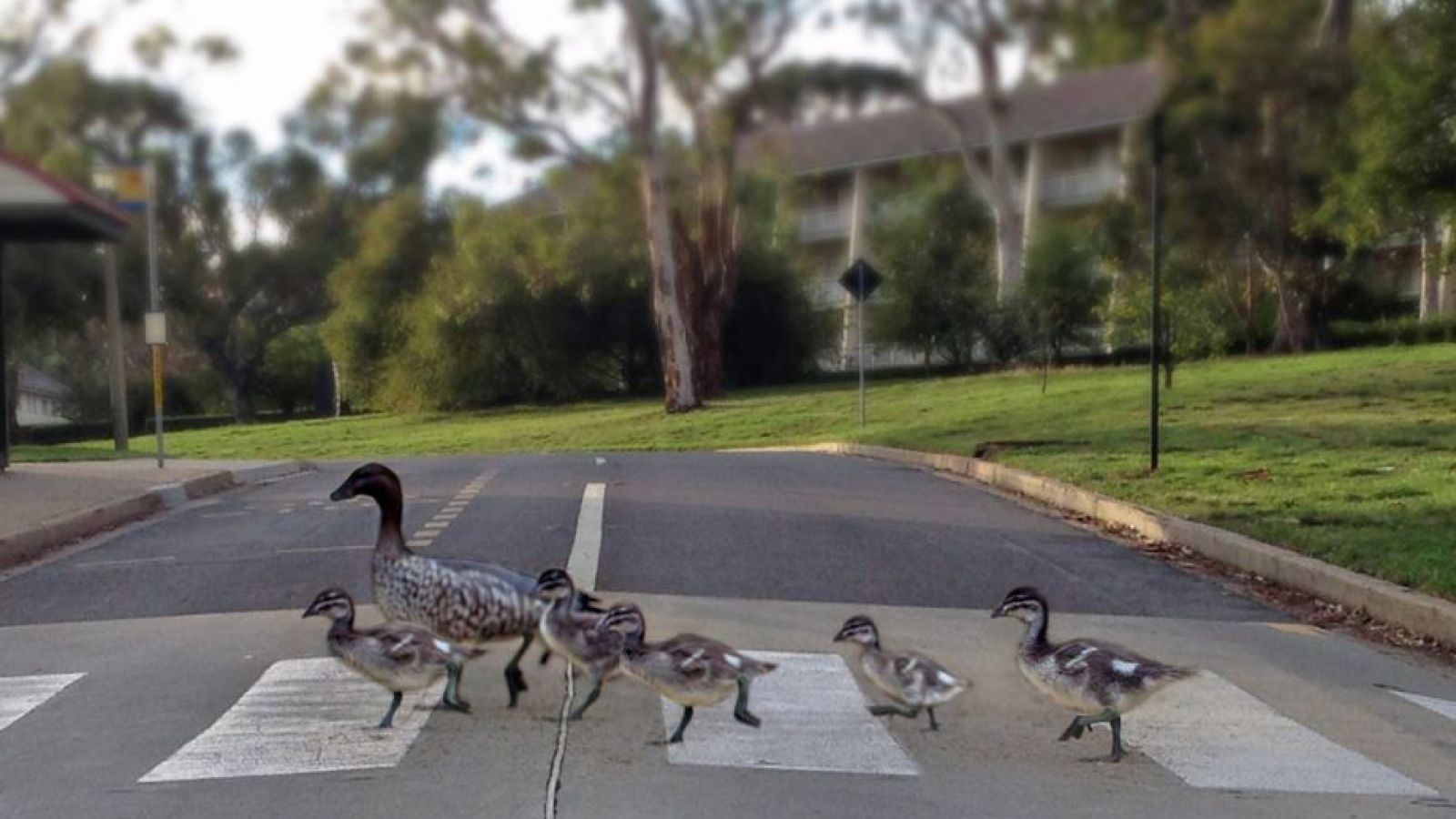Taking our political research global

By virtue of our small population, Australia’s research community is far smaller than those in Europe and the US.
So it’s important for our PhD students to take advantage of opportunities to travel and connect with researchers in these larger communities.
That’s exactly what PhD students Sarah Cameron and Troy Cruickshank did last month when they travelled to Bordeaux, France to present their research findings at the European Consortium for Political Research General Conference. They are both investigating the political impacts of the Global Financial Crisis (GFC).
“In Europe, many researchers are looking at the financial crisis and its political impacts, so it was a fantastic opportunity to go to Europe and familiarise myself with the latest findings in this area. I was also able to present my own research findings, and get feedback from leading scholars” says Sarah.
Professor Ian McAllister, their supervisor, describes the GFC as “the biggest economic event of the last 100 years”.
The type of data now available, says McAllister, gives new opportunities to see the political impacts of economic crises on people’s broad attitudes. These same insights, he says, weren’t available around other catastrophic economic events such as the Great Depression.
In Bordeaux, Sarah presented initial findings from her thesis. Her paper looked at the impact of the financial crisis on postmaterialist values, and the implications of this on political protest.
In contrast to trends over the past few decades, Sarah found a drop in both postmaterialist values and protest after the crisis. This means that more people are now prioritising material concerns over loftier values such as self-expression and freedom of speech. As people turn their focus to material needs, they have been less likely to take to the streets and protest.
Sarah used data from the World Values Survey to compare attitudes in fourteen countries from before and after the crisis hit.
The World Values Survey, which began in 1985 and covers 97 countries, forms part of an important long-term, world-wide study of values, and their impact on social and political life.
The most recent Australian research for the World Values Survey was conducted by Professor McAllister and Dr Juliet Pietsch from the School of Politics and International Relations. The next wave of data is due for public release in April 2014.